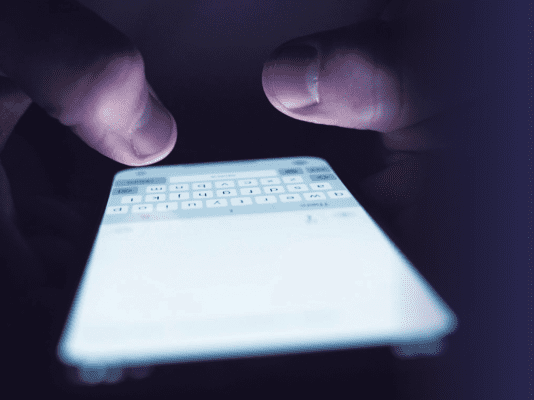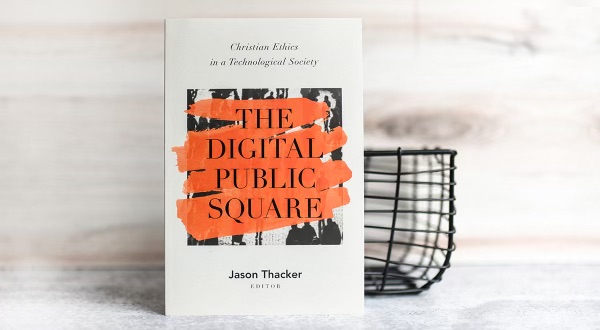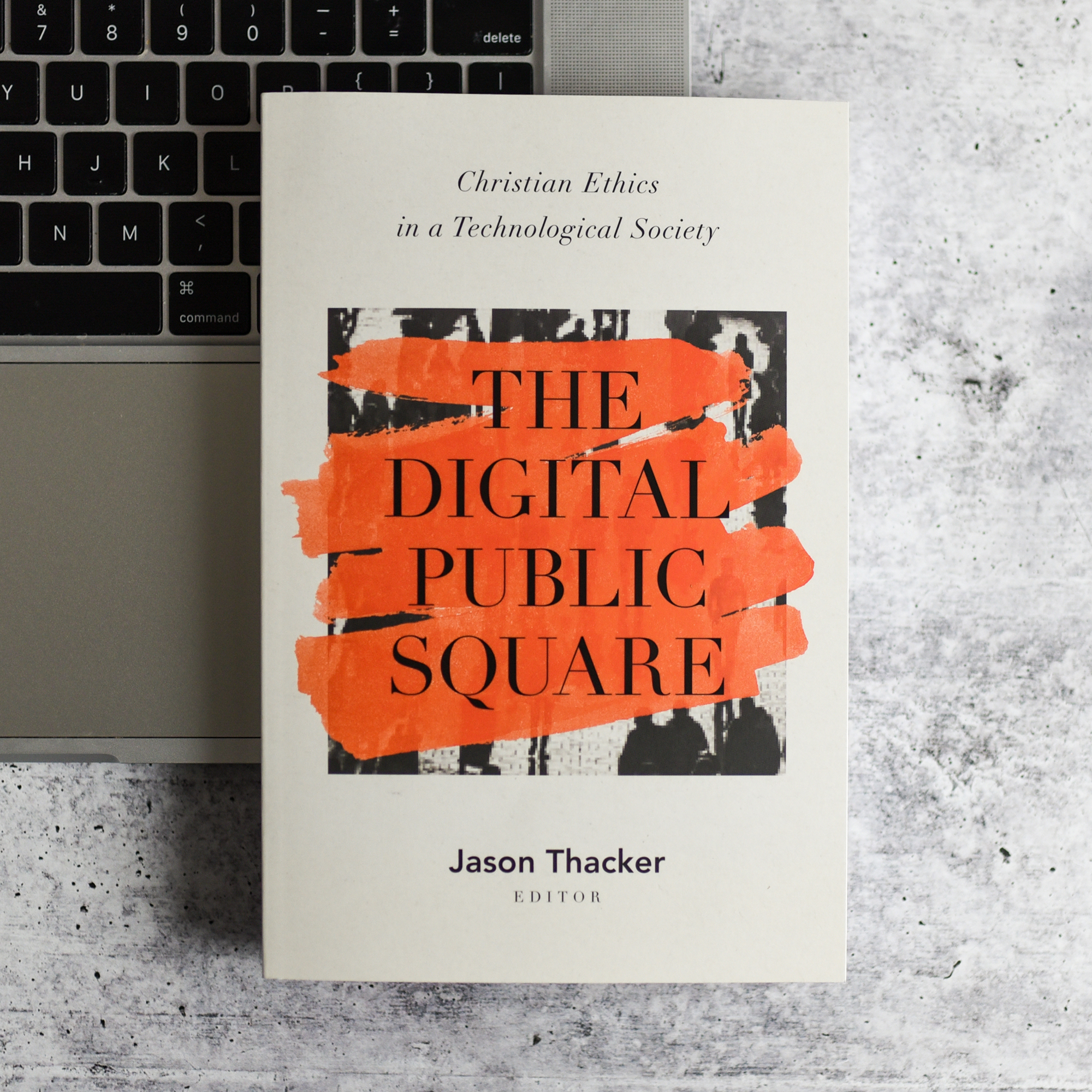To the casual beachgoer, the best surfers make their highly technical sport look easy. After spotting just the right wave, these champions of the surf mount their boards and slice across the rolling sea with ease and precision, riding the wave with speed and full control until its breaking end. One key observation that is perhaps beneficial to landlubbers, as well: the expert boarder knows when to ride and when to rest, when to catch the “big one” and when to let the little swells pass by. He or she knows, too, where to find the superior waters.
Surfers of a different sort
With the rising tide of technology pounding our shores, the digital device has made us all surfers—except that our wave happens to be an electromagnetic one, beamed off towers, our board a hand-held screen, only inches wide, built for surfing an ocean’s worth of information (short-and long-board versions available). We’re the always-on, continuously-connected, screen-scrolling smartphone user. And many of us—myself included—find ourselves web-surfing among the best of them.
The digital device has ushered in a massive sea change in our ability to connect with the world around us. Text and tweet, pin and post, like and “LOL”—the world of communication, from Facebook and Twitter to Instagram and instant message, is only a thumb-swipe away. Never have we been so connected to so much and to so many, instantaneously, all across the world.
That is the blessing of this technological surge. But therein lies its curse. And if we're not careful, the digital wave could strike us with tsunami-like force and leave us lifeless on her shores. Those of us, like me, treading the fast-flowing Washington world of policy are as susceptible as any to its dangerous riptide.
Attempting to disconnect
This is where the National Day of Unplugging comes in. On March 4-5, from sundown to sundown, people across the country will disconnect from their devices and reconnect with the world around them. Now in its seventh year, the annual holiday is the brainchild of the Jewish organization Reboot, which encourages people to take a pledge “to unplug for as long as I can, even if it is not the full day.”
While most smartphone users will not commit to powering down for a day (full disclosure: don’t count me among the digital fasters), the practice of unplugging from time to time is a good—and needed—one. Nearly one-third (30 percent) of smartphone owners feel that their phone represents a “leash,” rather than “freedom,” according to a Pew Research Center survey released in 2015.
Yet, disconnecting, as I see it, is not easy for at least three reasons.
Why we don’t put down our phones
1. The work factor. Work responsibilities often require a person to be tethered to a phone, checking and responding to emails and texts at night and during weekends. That’s often unavoidable. And we ought to render to our employer what is our employer’s. The need to stay connected particularly plagues, among others, those laboring in the nation’s capital, which includes the ERLC staff, seeking to engage the culture with the “salt” and “light” of the gospel (Matt. 5:13-16) and to speak to issues in the public square for the protection of religious liberty and human flourishing. Legislation drops early. Tragedies strike late. Powering down even as news knows no sleep can be a struggle.
2. The fear-of-missing-out factor. Call it FOMO. Fears of all sorts flash across the mind: What if I miss breaking news in presidential politics or professional athletics? Or what if I am a late-comer on Instagram? Will I be the last one to know on Facebook? Fear of missing the online party is, for some, a prescription for panic.
3. The entertainment factor. How often do we turn to our smartphones simply to pass the time? The lure is mighty. The digital world, after all, offers an immediate escape from the first signs of boredom—and introspection. No more muted moments.
But have unhealthy preoccupations with our smartphones actually dumbed us down and numbed us to the tangible, experiential world around us? Are we, as the late Neil Postman argued three decades ago, amusing ourselves to death? I fear I’m guilty.
Many of us thirst for a drink, yet slurp waters that can’t satisfy. We draw from this ocean, all day long, only to place our head on the pillow at night parched and thirsting for more.
An ever-present danger is to scroll and to swipe with Ironman-like endurance, chasing both useful news and useless nonsense in all corners of the world, only to later realize the world before us has passed us by. Perhaps our biggest regrets one day won’t entail real-time virtual simulation—the blogs we’d failed to reread, the catchy quotes we’d forgotten to retweet—but instead real-place interaction—the flesh-and-blood opportunities we were remiss to redeem.
Improving our digital lives
So where do we begin when it comes to making changes to our digital lives?
1. Look up—reconnect with the God above us. Digital waters, I can attest, are prone to cause short-circuit here. Why not put down the glossy screen and gaze into a glowing sun or starry sky? Rejoice in the heavens’ Creator. Rediscover his goodness and glory, his greatness and grace. Reflect and repent. Recount all those blessings. Respond with thanksgiving. Find rest and renewal in the presence of the Savior who rescues and redeems (Matt. 11:28-30). Drink deeply and freely from the only water that truly refreshes and restores (Is. 55:1; John 4:13-14).
2. Look out—reconnect with mankind (physically) around us. Rebuild that marriage. Read a book to that child. Find a soul to refresh and a friend to reclaim, a neighbor to regard and a widow to receive. Opportunities abound. Would that we could resist the impulse to be physically present yet mentally adrift, carried by a hand-held device into a digital world an ocean wide.
To be sure, technology itself is not a vice to avoid, but a tool to embrace. The smartphone, for one, can serve as a tremendous force for good and for God. But sometimes even the best gifts in life get the best us. Sometimes they become weights that slow us down—yes, even drag us under (Heb. 12:1-2).
No doubt a digital Sabbath will be unreasonable for most of us, but a little breather might not hurt. There’s no one-size-fits-all formula. I’m very much the novice in these waters, a student as much as anyone.
Spotting and catching the superior digital waves, while allowing the little swells to pass us by, are great challenges indeed. That might mean paddling against the cultural tide, especially in a place like Washington. Yet navigating these waters wisely can mean the difference between experiencing rich, kingdom-impacting living and turning up lifeless on the shore.
So, yes, a little break might do us—and others—some good. Besides, there are better waters available for us to enjoy anyway. Of course, all the best surfers already know this.
Now if you’ll excuse me, I have to go check my phone.










